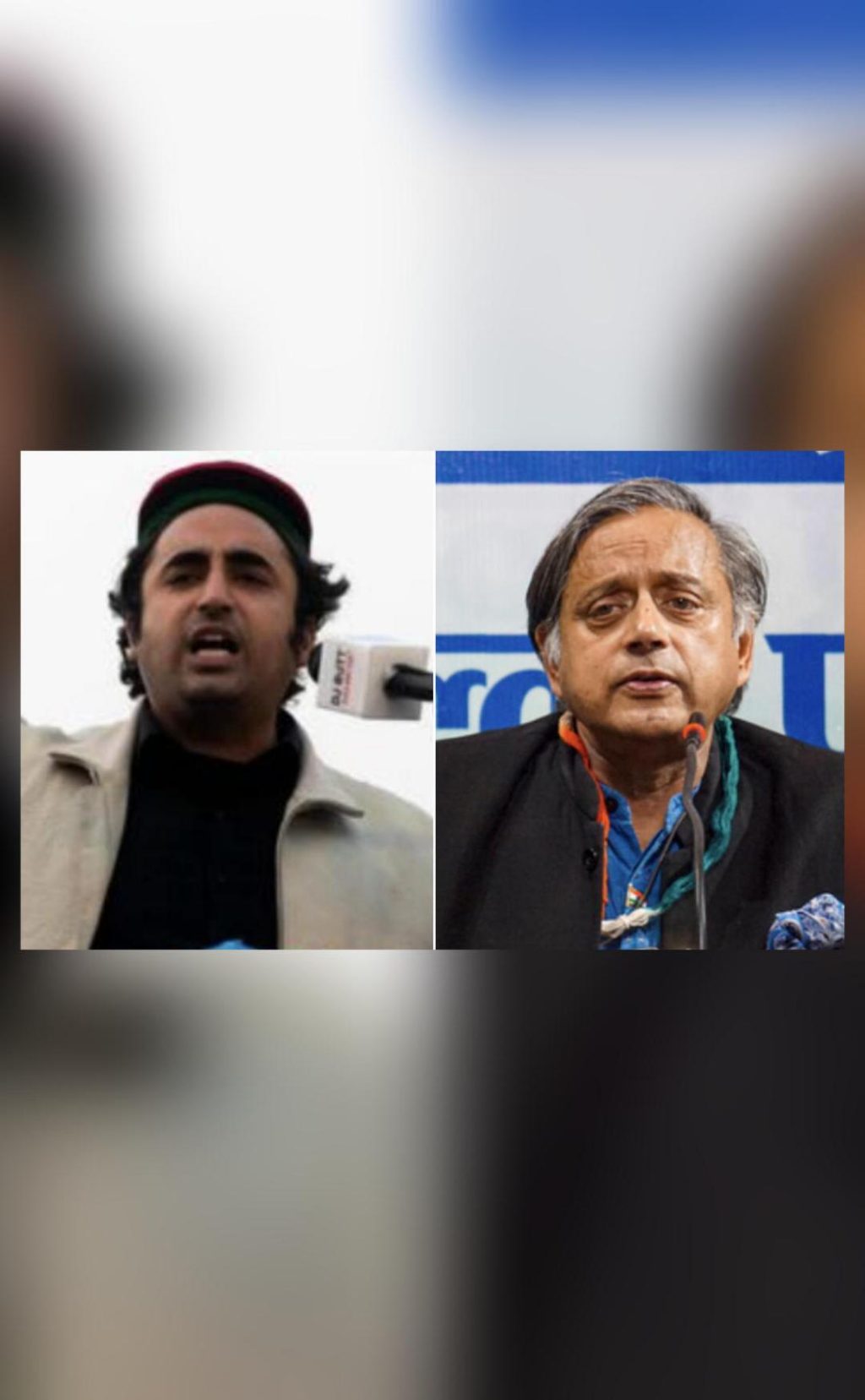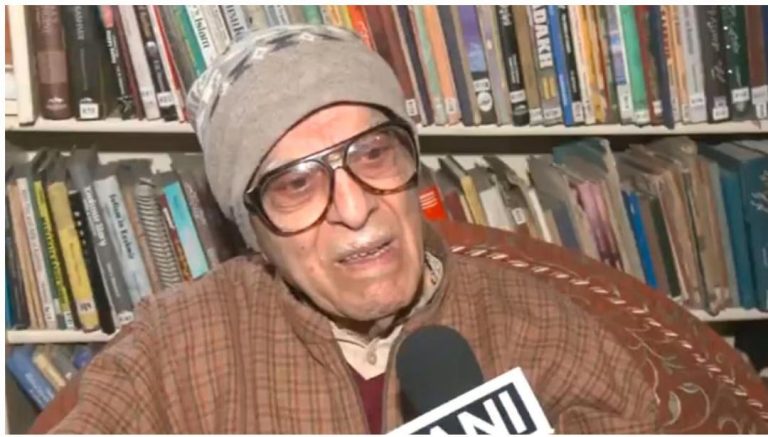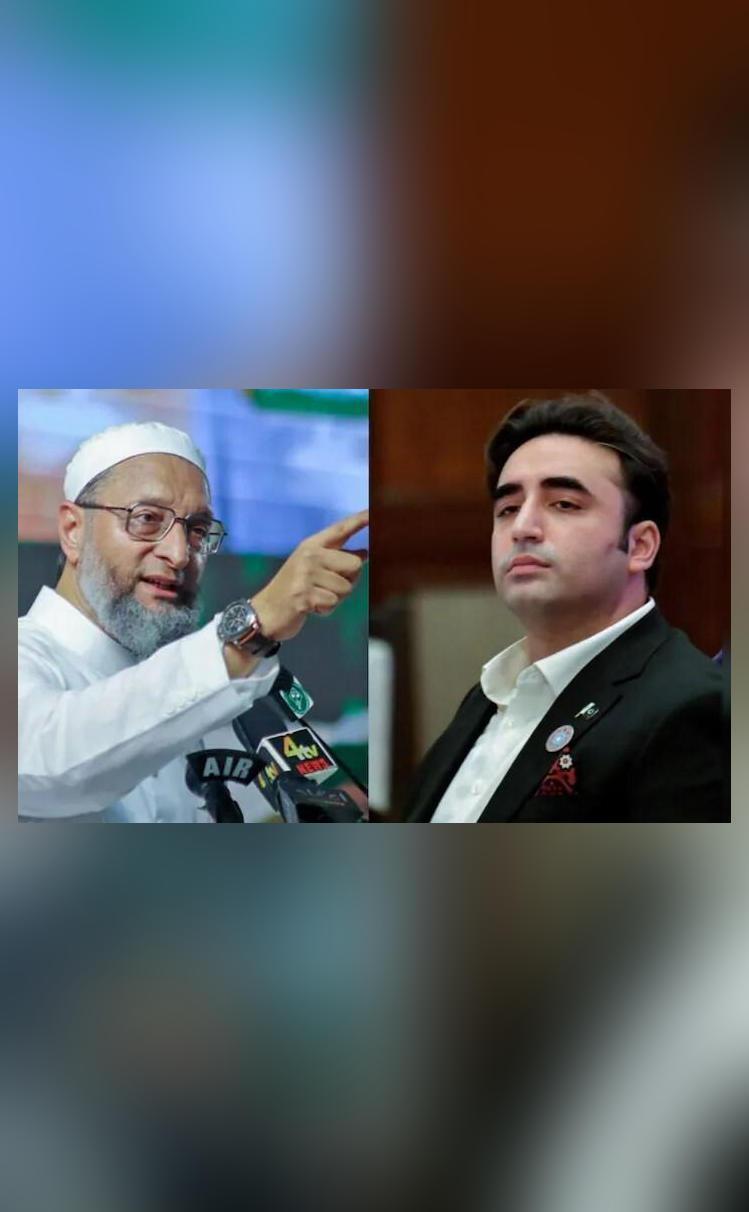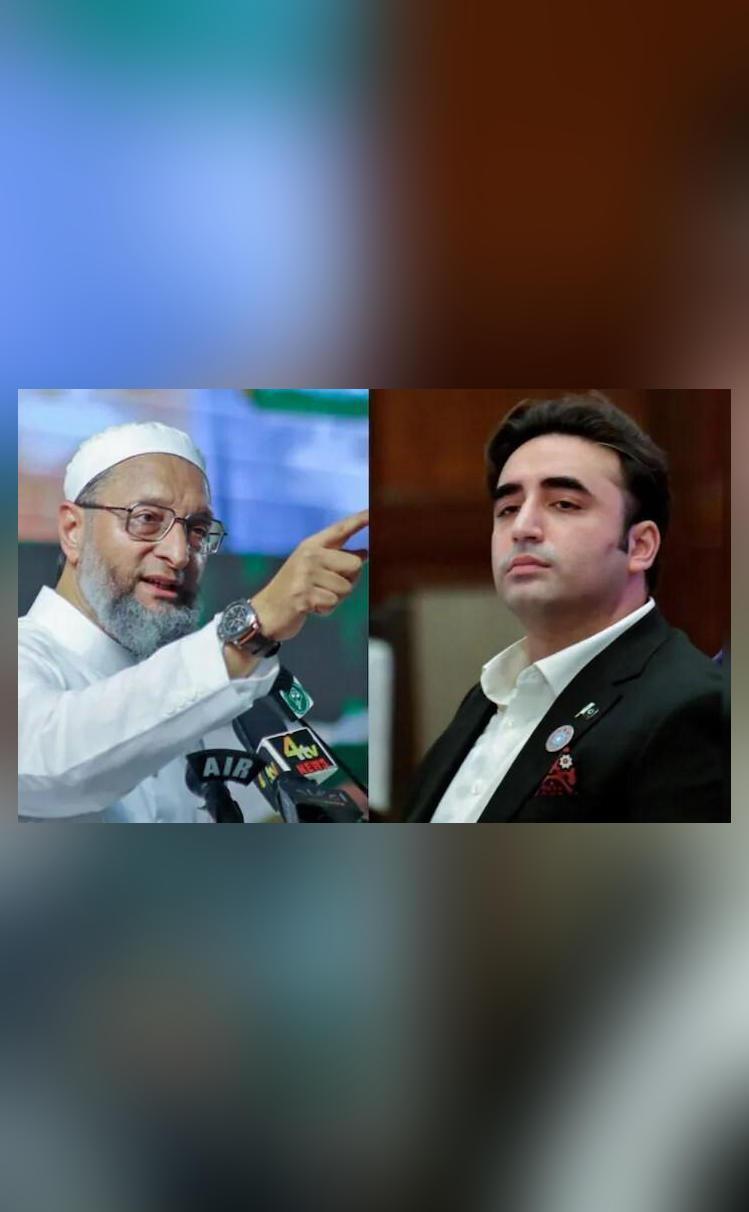
Title: Just Inflammatory Rhetoric: Tharoor on Bilawal Bhutto’s Remark
The recent decision by the Indian government to suspend the Indus Waters Treaty with Pakistan has sparked a heated debate, with Pakistani politicians taking to social media to express their disappointment and outrage. Among those who have weighed in on the issue is Bilawal Bhutto, the Chairman of the Pakistan Peoples Party (PPP), who made a provocative remark that has drawn criticism from across the border. In response, Congress MP Shashi Tharoor has called Bhutto’s comment “just inflammatory rhetoric” and cautioned Pakistan not to take India’s patience for granted.
Bilawal Bhutto’s remark, which has been widely reported in the Indian media, came in response to India’s decision to suspend the treaty, which was signed in 1960 to govern the sharing of the waters of the Indus River and its tributaries. The treaty was suspended in response to the recent attack on a bus carrying Amarnath pilgrims in Pahalgam, Jammu and Kashmir, which killed three people and injured 12 others. The attack was claimed by the Jaish-e-Mohammed (JeM), a Pakistan-based terrorist organization that has been responsible for several attacks on Indian soil in the past.
In a tweet, Bhutto said that India’s decision to suspend the treaty was “a declaration of war” and called on Pakistan’s government to “take a strong stand” against India. He also accused India of being responsible for the violence in Kashmir and claimed that the Pakistani military had been responding to Indian aggression.
Tharoor, who has been a vocal critic of Pakistan’s actions in the past, responded to Bhutto’s tweet by calling his remark “just inflammatory rhetoric”. He said that Pakistan needed to understand that it could not kill Indians with impunity and that if blood was going to flow, it would flow possibly more on their side.
Tharoor’s comments were seen as a direct challenge to Bhutto and the Pakistani government, which has been trying to present itself as a victim of Indian aggression. The Indian MP’s remarks have also been seen as a sign that India is not going to back down from its decision to suspend the Indus Waters Treaty and that it is willing to take a tougher stance against Pakistan.
The suspension of the Indus Waters Treaty has been seen as a major escalation of the tensions between India and Pakistan, which have been simmering for several years. The treaty was signed in 1960 and has been seen as a symbol of the cooperation between the two countries. The suspension of the treaty has been seen as a blow to the peace process between the two countries and has raised concerns about the future of the relationship.
In response to the suspension of the treaty, Pakistan has accused India of violating international law and has called on the international community to intervene. The Pakistani government has also announced that it is considering taking the issue to the World Bank, which is the guardian of the treaty.
The tensions between India and Pakistan have been escalating for several years, with both countries accusing each other of aggression and human rights abuses. The tensions have been fueled by the killing of several Indian soldiers by Pakistani troops and the attack on the Amarnath pilgrims, which was claimed by the JeM.
The situation is further complicated by the fact that both countries have nuclear weapons and there are concerns about the potential for conflict to escalate into a full-scale war. The international community has been urging both countries to exercise restraint and to seek a peaceful resolution to their differences.
In conclusion, the recent incident involving the suspension of the Indus Waters Treaty and Bilawal Bhutto’s provocative remark has raised concerns about the future of the relationship between India and Pakistan. The remark has been seen as a sign of the increasing tensions between the two countries and has raised concerns about the potential for conflict to escalate into a full-scale war.




